Yep, I don’t think you need a backstory for your character, let’s take a look at why!
Backstories serve two purposes, the first is to build your character before the played story begins, and the second is to create a compelling narrative that can be pulled upon during the campaign. I think that’s a relatively general but well-fitting definition of what a backstory is, In terms of campaign time your backstory will help you, other players and your DM understand the motives, hooks and methods of your character.

Except I think we can do better, both for new players and for experienced players. Speaking to several other DMs one of them voiced that they are not making the new players in his campaign create a backstory. Why? Because his experience was that as a new player he didn’t fully understand what a backstory meant, what it would do, how it would define his character. All he ended up doing as a new player himself was writing a biography.
For me that exposed what a backstory tends to do, it’s a narrative tool, it defines a character to an extent and it defines future options, but it’s fundamentally different to the rest of D&D. In D&D once you start playing everything becomes emergent, your character and your decisions shape you, your character isn’t a bit of theory and a pre-written script, it’s living and breathing and being shaped by all the experiences it’s having, I think that’s real D&D and I think that’s the only relevant part.

Let me tell you about Sorfin. Sorfin is my barbarian character, he has a fairly simple backstory:
That’s it, that’s all I had for him coming into the session, but those unformed decisions gave way to the most dynamic and interesting character whose background grew emergently as the story progressed. Sorfin had his history challenged, other players inquired about vague parts of his history, prompting FAR more interesting results than if i’d have came with a preprepared script.
Sorfin wanted to farm, but came out of retirement because his farms kept getting ruined by events caused by the characters in the campaign before he ascended from NPC status. At this, one player inquired, has sorfin actually ever farmed? It was interesting, was he making it up? No, I figured he really did do farming, but their general suspicion of him brought up a far more interesting question to me, is it mere comical coincidence that sorfin’s farms were being ruined by marauding armies and demons? It was certainly his original motivation to join the players, but the more I thought about it, and the more I played sorfin, the more it became apparent that he probably would have gotten bored of farming. That he would have sought out dangerous places to farm hoping for a fight, hoping for something to defend, to have a reason to take up arms once more.

As the campaign continued it quickly became apparent that his previous party had some traumatic event that caused him to retire, that made him hide away despite his daredevil ways. The other players sensed this and around the camp fire would ask sorfin about his past experiences, something they would never have done had I came with an open, clear story about his backstory and life. The more they probed the more I thought, the more I fought and talked through sorfin the more intuitive his story became. I wasn’t just getting into sorfins character for future decisions, I was creating a seamless backstory that felt 100% in character, rather than disconnected with his current campaign.
That’s just my rambling example but I hope it showcases how making a few starting points and moving from there rather than sitting with a script can make your character more genuine and more involved, creating more RP moments and genuinely being engaged in the world more. Sure the DM and players don’t know you 100% from day 1, but that has led to far more interaction with backstory rather than it being shoehorned in, because it fits better with the character at present.
Moving forward I can see a few reasons why you would want to do this as an experienced player, first of all you have a challenge, you’re used to improvising in all parts of D&D except your backstory, now you must do that as well. Learning about your character as you play them and learning their past as you play them, encourage yourself to think and feel your character out during each session, you might find yourself far more engaged. You also avoid irrelevancy in your backstory, working into the future and past at the same time allows you to start a process where your past takes shape at the same time as your future and present, allowing a more dynamic and interactive experience with your past. Let them feed off of each other and move past feeling condemned to a pointless backstory or one that feels forced or restrains your character.

As a new player I think it’s great to just relax a little, don’t worry about backstory, don’t worry about saying too much or too little or how it might shape your character, you are going to grow very quickly as a player and with that growth you will see more in your character. Don’t let yourself be constrained by decisions and narratives you formed before you had experience in the game. It’s also a great way to relieve new players of the pressure of having to know about the game, if they have to make a new character and a backstory and learn the mechanics and about your world then it’s going to be a lot to take in, the mechanics come with time and so can the character. Unless your DM is playing with the training wheels off before the players even know what armour class is, you shouldn’t worry about the narrative impact this will have. Most Dms I know allow their players both old and new to change aspects of their character within the first and second session as they define how that character will interact in the new campaign world anyway, why not do that with backstories as well.
I hope I’ve convinced you to give emergent stories a try, it might be odd at first, but starting in the middle is great!
~CupofD20s
Advertisements Share this: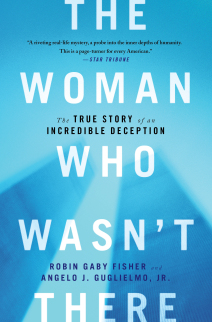
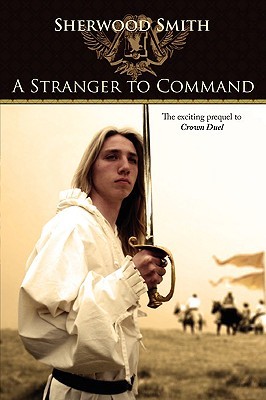
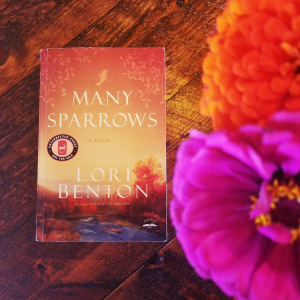
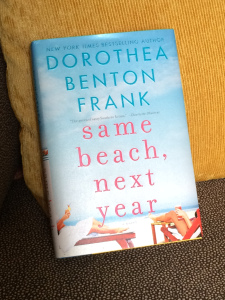

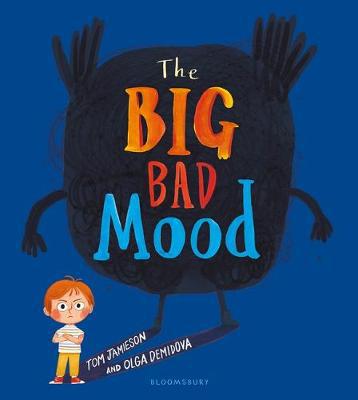
![This Girl Is Different [Uncorrected Proof]](/i/cover.png)